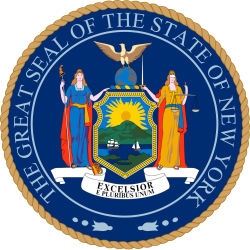The SAFE For Kids Act, also known as Stop Addictive Feed Exploration for Kids Act or S7694A, is an American law in the state of New York that requires parental consent for anyone under 18 as well as estimation of their age to have an "addictive" feed. It was later signed on June 20, 2024, by New Yorks Governor and goes into effect 180 days after being signed. [1] [2] [3]
